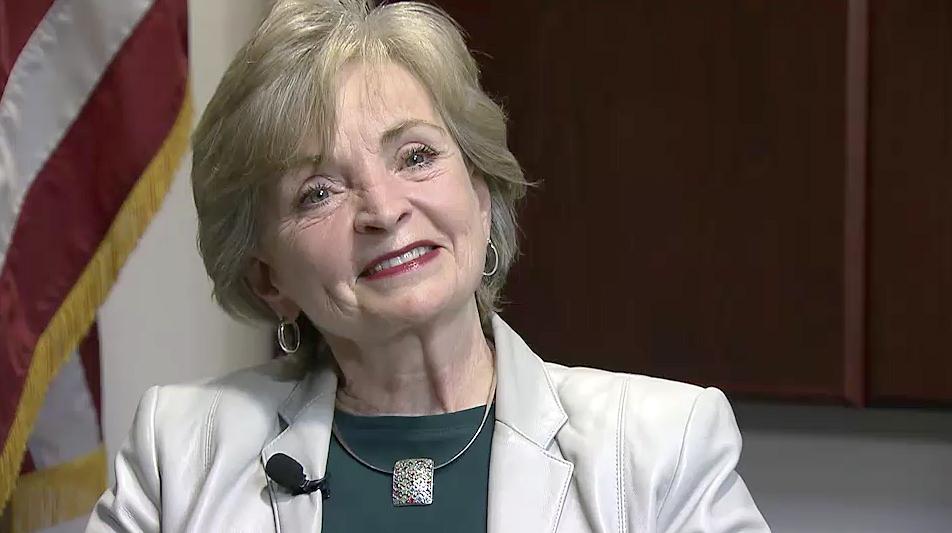Editor’s Note: We welcome Former State Superintendent of Public Instruction for North Carolina, June Atkinson, to offer this explanation of the public education system at the state level. As she notes, it’s a complicated maze of bureaucracy and regulations, but her piece is worth reading. In order to enact change, and engage in the education of our children, we must first understand what’s happening at the top.
By June Atkinson, Former State Superintendent of Public Instruction
North Carolina students in grades 3-8 must take end-of-grade math and reading tests each year. Third grade students must show proficiency in reading before being promoted to the fourth grade. All public local school district and charter schools are graded annually with a letter grade from A-F. Teachers and principals are evaluated based on annual student growth. Who has made these decisions in North Carolina? Who is responsible for carrying out these requirements?
The North Carolina Constitution gives the responsibility for administering and supervising the public school system to the State Board of Education, subject to General Assembly’s laws. Serving eight-year staggered terms, 11 Board members are appointed by the Governor. The State Treasurer and Lieutenant Governor also serve as voting members with the State Superintendent serving as a secretary to the Board and a non-voting member. This body meets monthly to review, make, debate, or delete policies to carry out the directives of the General Assembly.
For example, before the General Assembly passed the A-F grading system for each public school district and charter school, the State Board of Education had adopted a new system for accountability. When the General Assembly passed the A-F grading system, the State Board repealed its own policies and adopted new policies to carry out the mandates of the General Assembly.
The elected State Superintendent of Public Instruction is responsible for administering and supervising the North Carolina Department of Public Instruction to carry out the laws of the General Assembly and United States Congress, as well as the State Board of Education’s policies. In that role, the Superintendent may recommend policies to the State Board for its adoption or revision.
In addition to the General Assembly passing laws to regulate public schools, the United States Congress passes laws that must be implemented in the states, if a state wants to receive federal dollars to support public education. Traditionally, federal dollars have given support to districts for students living in poverty and with disabilities. Since the early 1900’s, federal dollars have also supported career-technical education. Again, the State Board of Education is responsible for developing policies to align with federal law.
What role does a local board of education have in the development of educational policy? The General Assembly has passed laws giving a list of duties to local boards of education including the hiring and firing of educators, school maintenance, student school assignment, and student discipline, if not specified in law. The General Assembly also dictates the way local school board members are elected and can at any time, change local board responsibilities. Hired by the local board of education, the local school superintendent is responsible for implementing local, state, and federal policies and laws.
In the over 800 pages of Public School Laws of North Carolina Annotated and the annual budget bill, the North Carolina General Assembly has legislated third grade promotion standards, the statewide testing system, the A-F school grading system, school calendar requirements, educator evaluation processes, use of state education funds, suspension and expulsion requirements, and the list continues. The State Board develops policies for these laws, and the North Carolina Department of Public Instruction and local school districts are responsible for making sure policies and laws are followed. Complicated? Yes.

There are no comments
Add yours